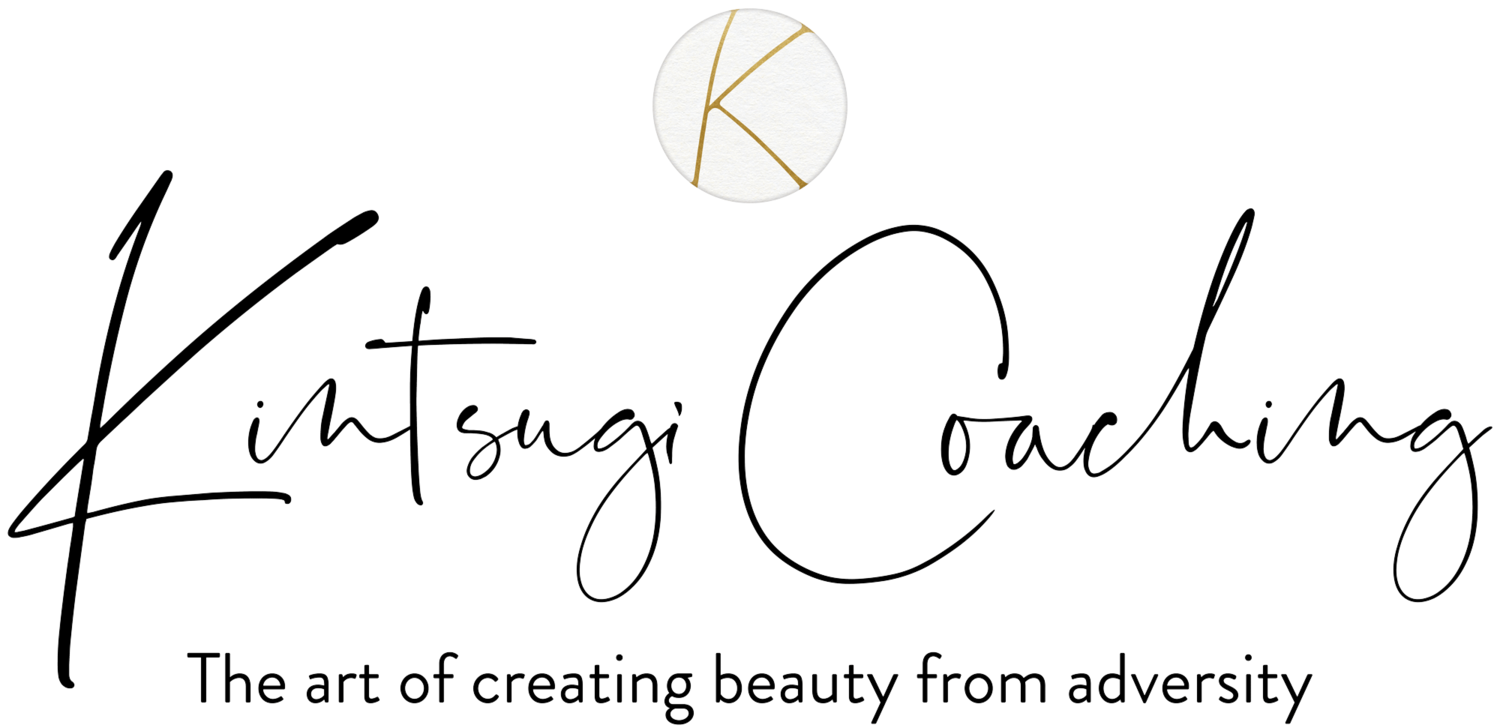Lessons from a Brooding Chick
I’ve been in a mood lately and it’s not pretty: I’m tight and constricted and generally out of sorts. I could chalk it up to the arrival of Fall, which always makes me a bit moody, or I could attribute it to hormones or low serotonin levels and just leave it at that … except that I can’t, because simple answers to complex experiences are neither sufficient nor satisfying. Above all else I believe that everything is meaningful. Everything. Sometimes you just have to wait for the meaning to emerge.
Not infrequently meaning, for me, arises in the embrace of nature. Getting outside is at once curative, calming, and instructive. I’ve long been in the habit of drawing insight from the natural world. Taoism teaches that everything is one; therefore, you can take just about any experience from the natural world and apply it to where you find yourself in order to gain some insight, or direction, or perhaps even a bit of wisdom.
So I took my mood outside for a walk on a recent, gorgeous, autumnal morning, to gain some perspective. I decided to check for eggs in the hen house. Upon entering the coop, I immediately stepped in a pile of chicken poo. I will just say that my initial reaction was not philosophical.
Chickens and their calling cards are almost impossible to avoid around here and I usually don’t. Stepping in the middle of something nasty is a quotidian experience. And what wisdom did I glean from this you might ask? Well, it’s either, “No good deed goes unpunished,” or “S*** happens.” I haven’t decided. Likely, it’s both.
But the lesson wasn’t finished there. Opening the nesting box lid I discovered Adelaide, our black Australorp, busily brooding. (As an aside, chickens coined the word “brooding,” which means “to incubate,” or, “to think or worry persistently or moodily about.”) Now, I can tell you that when a hen is brooding, you shouldn’t mess with her. A brooding hen sits on her nest and does not leave. At all. She does not eat or drink and if you get close to her she will puff up twice her size, make threatening sounds, and try to peck your fingers off. Sitting on eggs real or imagined a brooder is hungry, tired and irritable. Her chest feathers shed in order to keep her eggs warm. A brooder is altogether vulnerable and she is very, very nasty.
Looking at Adelaide puffed up like the Hindenburg and screeching like a harpy, I realized that I am a brooding hen. My egg is a book. I am sitting on it, keeping it warm and alive. I am sacrificing myself to it. I don’t know if this egg will hatch, or if it does, what will emerge: perhaps a fuzzy, lovable chick that everyone wants to hold or maybe a wet, misshapen turkey buzzard that nobody likes. I don’t know. All I know is I love it because it’s mine, because I have given myself over to it and that’s all that matters.
Brooding is instinctual, which is to say it is apart from conscious will or desire. Creation is not codependent: it doesn’t care if you’re busy or have other responsibilities or even whether you want it around. It cares only to create, and it’s persistent. Eventually, Life will out: life which may very well take your life away from you. It’s a strange irony.
My creative self wants to be left alone, responsible to no one and nothing other than my egg. It wants to look as raggedy as Adelaide and peck off a finger or two every time someone calls or knocks on the (closed) office door or wants dinner. But that’s not how it goes, at least not for most of us and certainly not for me.
The challenge is to hold the vision while maintaining faith with the responsibilities of the present moment. Creation takes place within the confinement of multiple demands and delays–the chicken poo of life. Strangely, it takes place despite it: I’ve managed to draft a book in the midst of everything else, including my constant complaints that I don’t have enough time to write a book.
My mood is meaningful. It is the result of a push-pull: creation pushing me to incubate, the demands of daily life pulling me away from that soulful, incessant urge. Holding the tension of these opposites is difficult and incredibly maddening. And yet, these daily demands are the stuff of life; they are every bit as natural, as necessary, and as prolific as chicken poo. In their frustrating insistence they, too, evoke the emergence of soulfulness. They keep me grounded and humble. It is a marriage of the profound and the profane.
So maybe there’s nothing wrong with me after all. Maybe I don’t need to up the Prozac. Maybe larger forces are at work. Maybe all the interruptions I’m facing are really just fertilizer, helping something to grow, something strong and resilient. Maybe people will one day reference me the way they do J.K. Rowling: You know she wrote that book while raising eleven chickens, two rats, three dogs, two children and going through menopause! Imagine that! Maybe. I don’t know.
I do know this: once this egg hatches, I’m going to have a nice massage and maybe even put on a pretty dress and some make-up and have a real date with my husband–the good kind, where you drink and laugh and get to sleep-in the next day…until the next egg urges me toward solitude, captivating me and rendering me, once again, an irritable, broody chick.

